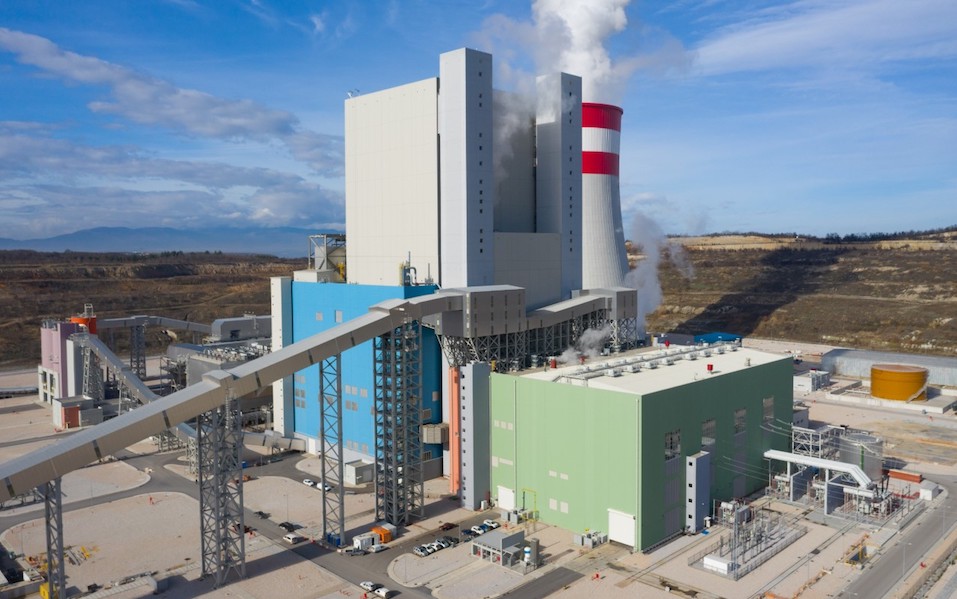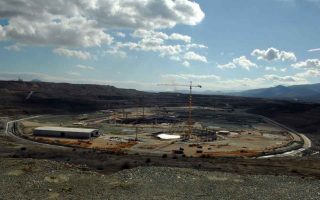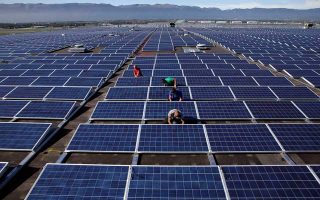Ptolemaida V lignite plant as reserve unit

Prime Minister Kyriakos Mitsotakis announced from Kozani on Tuesday that the new Ptolemaida V lignite-fired power unit would remain in the system as a strategic reserve unit after 2028.
The government and Public Power Corporation appear to have re-evaluated the use of lignite as a domestic fuel so that it can serve as an energy shield in conditions of crisis, such as today’s, and in this context they are also redesigning the future of the long-suffering Ptolemaida V unit.
The plant was designed in 2007 and construction began in 2015. It launched operations on a trial basis only last fall and will start commercial operation in March, while costing PPC around 2 billion euros, a budget comparable to building a nuclear plant.
“The unit will be a strategic reserve unit in the future for the country,” the PM said during his visit to the facilities, stressing its importance for Greece’s energy security.
“The energy shielding of our country dictates that we have every means available to protect ourselves from possible energy crises, such as the one we are experiencing today,” said PPC head Giorgos Stassis.
PPC sources told Kathimerini that theose statements are connected to the company’s reinstatement of the request for the characterization of the lignite units as a strategic reserve, which had been submitted to Brussels in the very recent past without a response. PPC has reportedly made it clear to the government it will not operate the new plant at a loss and it will enter the system when and for as long as natural gas prices are high. “This readiness, however, has a maintenance cost, for which PPC should be compensated,” the same sources emphasize.
PPC’s view is that Brussels is more willing than before to accept such a request, as it is not easy to raise serious objections when the EU itself has urged member-states to switch to domestic fuels to address the energy crisis.
PPC also expresses the opinion that in the event of a negative stance by the Commission, Greece could unilaterally implement the measure, since it concerns the country’s energy security.





